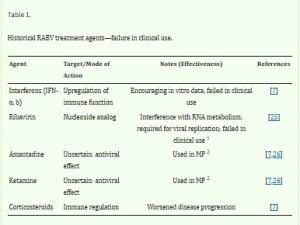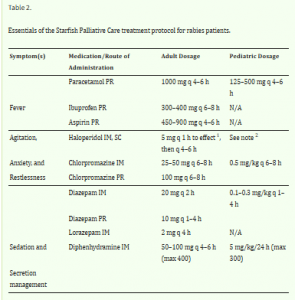The quest for an effective rabies vaccine has taken a significant leap forward with the development of mRNA-based vaccines, as discussed in a detailed study published in Vaccine. Traditional rabies vaccines, while effective, require multiple doses and are expensive to produce. The rise of mRNA technology, as evidenced by its success in COVID-19 vaccines, offers a potential breakthrough in rabies prevention.
Further reading: A potential new vaccine for rabies
mRNA vaccines work by instructing cells to produce viral proteins that trigger an immune response, providing protection without the risk of infection. The research focuses on how mRNA vaccines could revolutionize rabies prophylaxis by reducing the number of doses needed and potentially offering lifelong immunity. The vaccines are also easier and faster to produce compared to traditional vaccines, which rely on cell cultures and complex manufacturing processes.
Preclinical trials have shown that mRNA vaccines elicit strong immune responses in animal models, with high levels of neutralizing antibodies against the rabies virus. These findings suggest that mRNA vaccines could offer robust protection with fewer doses, making them ideal for use in both humans and animals. Moreover, mRNA vaccines are adaptable, meaning they can be modified quickly in response to different rabies strains, which is particularly important given the genetic diversity of the rabies virus.
The study highlights the potential for mRNA vaccines to be a game-changer in rabies control, especially in resource-limited settings where traditional vaccines are hard to access. While more research is needed before mRNA rabies vaccines are available for widespread use, the results so far are promising and could pave the way for more accessible and effective rabies prevention strategies.
Journal Article: Lacy, M., Phasuk, N., & Scholand, S. J. (2024). Development of mRNA rabies vaccines. Vaccine, 42(4), 350-355. https://pmc.ncbi.nlm.nih.gov/articles/PMC10819634/
Summary by Faith Oluwamakinde





© 2004 - 2025 Immunopaedia.org.za
Sitemap - Privacy Policy - Cookie Policy - PAIA - Terms & Conditions
This work is licensed under a Creative Commons Attribution-NonCommercial-ShareAlike 4.0 International License.



